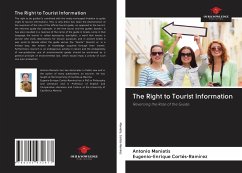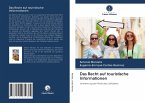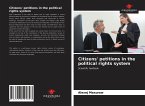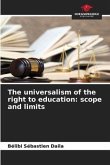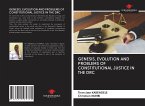The right to be guided is combined with the newly envisaged freedom to guide (right to tourist information). This is why there has been the phenomenon of the inversion of the role of the official tourist guide, as opposed to the tourist, the informal guide (for example, in the free tours) and the guides (books). It has also resulted in a reversal of the name of the guide in Greek, since in that language the tourist is called ¿¿¿¿¿¿¿¿¿¿ (periigitís), a word that means a person who visits destinations for leisure purposes and in ancient Greek it was used to denote either the guide versus the ''teorós'' (tourist) or, in a limited way, the writers of knowledge acquired through their travels. Furthermore, tourism is an endogenous activity in nature and the endogeneity of non-productive use of environmental goods should be enshrined as a general principle of environmental law, which would imply a priority of such use over production.
Hinweis: Dieser Artikel kann nur an eine deutsche Lieferadresse ausgeliefert werden.
Hinweis: Dieser Artikel kann nur an eine deutsche Lieferadresse ausgeliefert werden.

